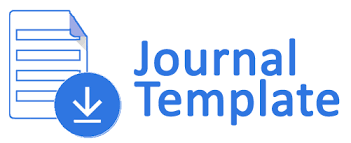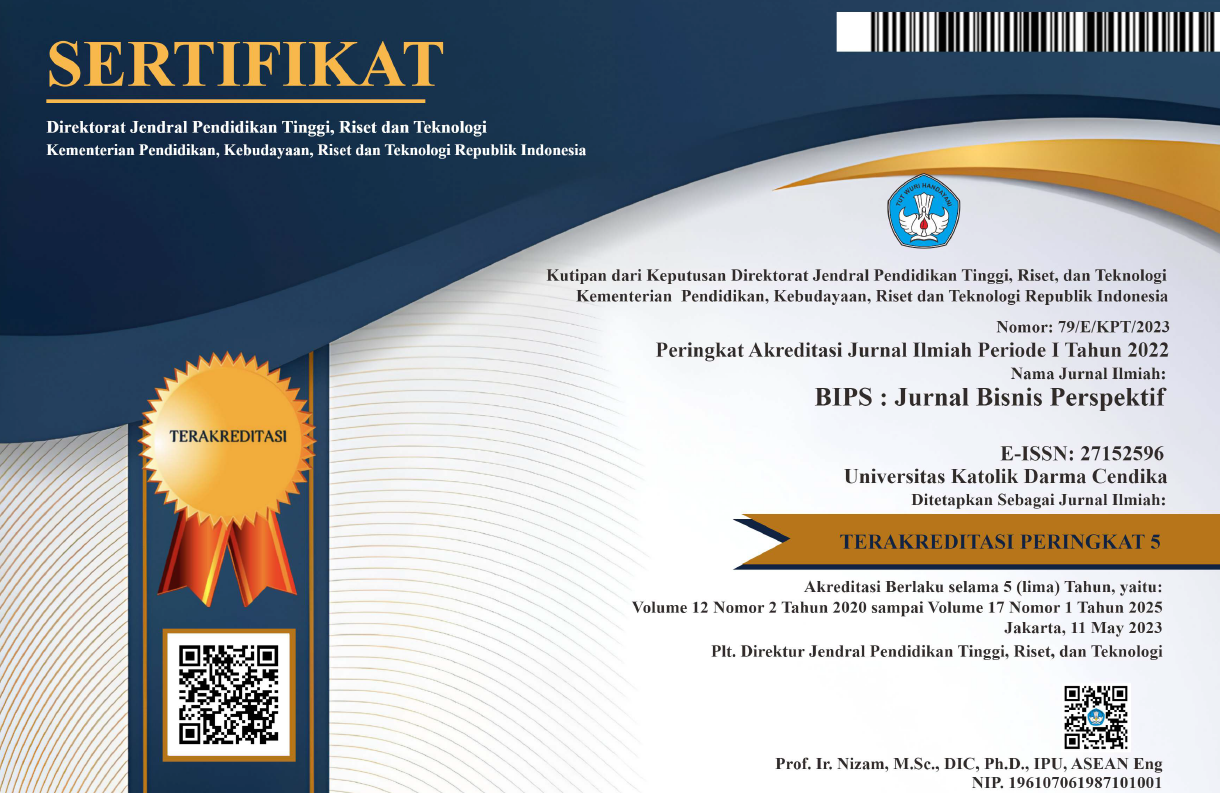Program Pengampunan Pajak Di Indonesia: Peluang Dan Harapan Keberhasilannya
DOI:
https://doi.org/10.37477/bip.v8i2.4Keywords:
tax amnesty; multiply tax amnesty; single tax amnestyAbstract
Tax amnesty program is one instrument that is used widely by the tax authorities in many countries in order to increase tax revenue, broaden the tax base, improve tax compliance and other purposes. In addition to having a large role in increasing tax revenue, tax amnesty program also may be adversely affected as opposed to the benefits generated. Not all countries implement tax amnesty program success in implementing it. Experiences in the tax amnesty implementation in several countries showed that the program of tax amnesty are carried out several times and the implementation time was easily anticipated by the taxpayer generally not as successful if the program of tax amnesty is only a one-time, non-recurring and can not be anticipated time of its implementation by the taxpayer. In 2016 the Government of Indonesia to implement tax amnesty program that will be implemented starting on July 1, 2016 to March 31, 2017. After going through the analysis based on the experience of implementation of tax amnesty program conducted by several other countries can be predicted that the tax amnesty program implemented by the Government of Indonesia will be a success. Tax amnesty program implemented is estimated to have a great opportunity to meet the expectations of increasing tax revenue, broaden the tax base, improve tax compliance significantly. However, for the hope of repatriation of assets of the taxpayer from abroad into the country seems not to be able to meet expectations.
Downloads
Published
How to Cite
Issue
Section
License
Authors publishing in this journal agree to the following terms:
- The author retains copyright and grants the journal rights of first publication with the work simultaneously licensed under a Creative Commons Attribution ShareAlike License License that allows others to share the work with acknowledgment of the author's work and initial publication in BIP's: Journal of Business Perspectives.
- Authors may include separate additional contractual arrangements for non-exclusive distribution of the published version of the journal (e.g., submit to an institutional repository or publish in a book), with an acknowledgment of the original publication in this Journal.
- Authors are permitted and encouraged to post their work online (e.g., in institutional repositories or on their websites) before and during the submission process, as it can lead to productive exchanges, as well as citations of previously published work.
Each author is expected to complete the copyright process with a document of the originality of the manuscript, the templated document is below:


7.png)


6.png)
2.png)


